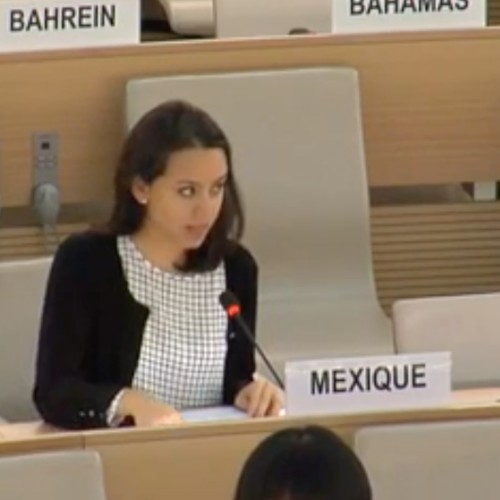
EFCoCert Foundation
Looking for Partnership
EFCOCERT MISSION
Develop and manage competence certification schemes for non-regulated professions in Europe to provide recognition and validation of non-formal and informal learning, enhancing the employability and mobility.
Provide innovative solutions within competence certification for recognizing social and behavioural soft skills though an informal open badge recognition ecosystem leading to revolve the classical certification approach and reduce costs by universal accessibility.
COMPETENCE CERTIFICATION IN FUTURE
To be future oriented and ready to face the next generation’s challenges, competence certification will have to evolve on several grounds:
- keep up-to date competence frameworks in real-time to capture changes in the world of work (disappearing and emerging jobs)
- improve and widen access to certification—getting rid of the current bottlenecks
- Use digital technology not just to support the old processes, but enable new ones
To face these challenges, EFCoCert is exploring three major dimensions:
1- Integrating non formal and informal open badges recognition within the formal certification process;
2- Flexibilizing and individualizing the certified competence profiles in order to cover both the job profile evolution and the increasing importance of soft skills;
3- Updating competence frameworks in real time from signals generated through informal and non-formal recognition of emerging competencies and needs.
OPEN BADGE RECOGNITION & CERTIFICATION
Open badges appear to be an extremely promising approach for supporting the opening of these three major degrees of flexibility, agility and timeliness within the competence certification.
This will lead to investigate an in-depth radical rethinking and putting into questions of all paradigms on which competence certification has been based for the last 20 years, :
- only an examiner with a superior level of education & competence compared to the candidate is habilitated to assess the demonstrated competence level,
- competences shall, per definition, be assessed and demonstrated “on the job”, only evidence, based through either (physical) observation or documented evidence, can be used as assessment method,
- soft skills are impossible to assess and recognise within a competence certification scheme,
- ISO 17024 accredited PCBs are the only neutral and reliable awarding instance that can be involved in competence certification of non-regulated professions and competence profiles acquired through NFIL,
- evaluation or recognition from (communities of) beneficiaries, employers, clients, peers, hierarchical superior or subordinated, coaches or mentors, etc. is just subjective and has no value,,
- ...
Keywords and matching areas:
Get Access to the 1st Network for European Cooperation
Log In
or
Create an account
to see this content
Adult Learning
Erasmus+
Lifelong Learning
5 years ago
Adult Learning
Erasmus+
Lifelong Learning
6 years ago
Adult Learning
Erasmus+
Lifelong Learning
Project Management
International Project Management
6 years ago
Adult Learning
Erasmus+
Lifelong Learning
Project Management
International Project Management
6 years ago




















Please Log In to See This Section